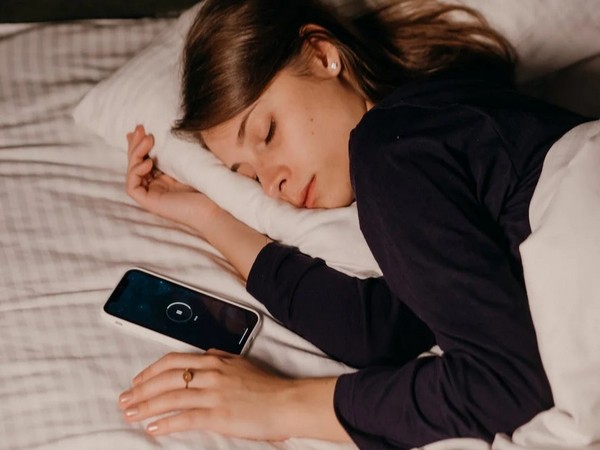

Are you sleeping well? According to a recent study, the switch from daylight saving time to standard time, which adds an hour overnight, is linked to a temporary rise in sleep-disorders“>sleep disorders like trouble falling or staying asleep, but not the switch from standard time to daylight saving time, which subtracts an hour.
The findings of the research published online in Neurology, the medical journal of the American Academy of Neurology. It also discovered a slight seasonal variation in how much sleep people got.
“Sleep plays an essential role in maintaining good health, mood, cognition, job performance, and social activity, and it is influenced by the circadian rhythm, the internal clock that regulates body processes,” said study author Ron B. Postuma, MD, MSc, of McGill University, in Montreal, Canada, and a member of the American Academy of Neurology. “The good news is that the sleep disruptions we observed following the change to standard time were brief and no longer evident two weeks after the shift.”
The study involved 30,097 people, ages 45 to 85, who completed a questionnaire about sleep duration and satisfaction, ability to fall asleep, ability to remain asleep and excessive sleepiness during the day. Questions included, “Over the last month, how often did it take you more than 30 minutes to fall asleep?” and “Over the last month, how often did you wake in the middle of the night or too early in the morning and found it difficult to fall asleep again?” Those who responded three or more times a week to either of these questions were considered to have sleep problems.
For the change to standard time in the fall, researchers compared people who completed the questionnaire one week before the transition to those who completed it one week after. After adjusting for age, sex and location, they found those who completed the survey one week after the transition had a 34% increased risk of sleep dissatisfaction, with 28% reporting sleep dissatisfaction compared to 23% of those interviewed one week before. Those who completed the questionnaire one week after also had a more than two times greater risk of difficulty falling asleep, a 64% increased risk of difficulty remaining asleep, and a two times greater risk of excessive sleepiness during waking hours.
For the transition to daylight saving time in spring, researchers compared people who completed the questionnaire one week before the change to those who completed it one week after. They found no difference in sleep problems. However, they did find a nine-minute decrease in sleep duration one week after this transition.
Researchers looked at when participants completed the questionnaire: spring, summer, fall or winter. While they found no difference for sleep problems, they did find a small difference in sleep duration.
People who completed the questionnaire in summer had the shortest sleep duration, an average of 6.76 hours of sleep daily. People who completed the survey in the winter had the longest sleep duration, an average of 6.84 hours of sleep daily, a difference of five minutes.
“As disruptive as these transitions may feel in the short term, there may be few long-term implications of the repeated switch back and forth from daylight saving time to standard time.” said Postuma. “However, previous research has linked the transitions to and from daylight saving time with higher rates of accidents as well as an increased risk of stroke and heart attack. Future studies are needed that follow individuals over time, including people living in areas with different light exposure and seasonal changes.”